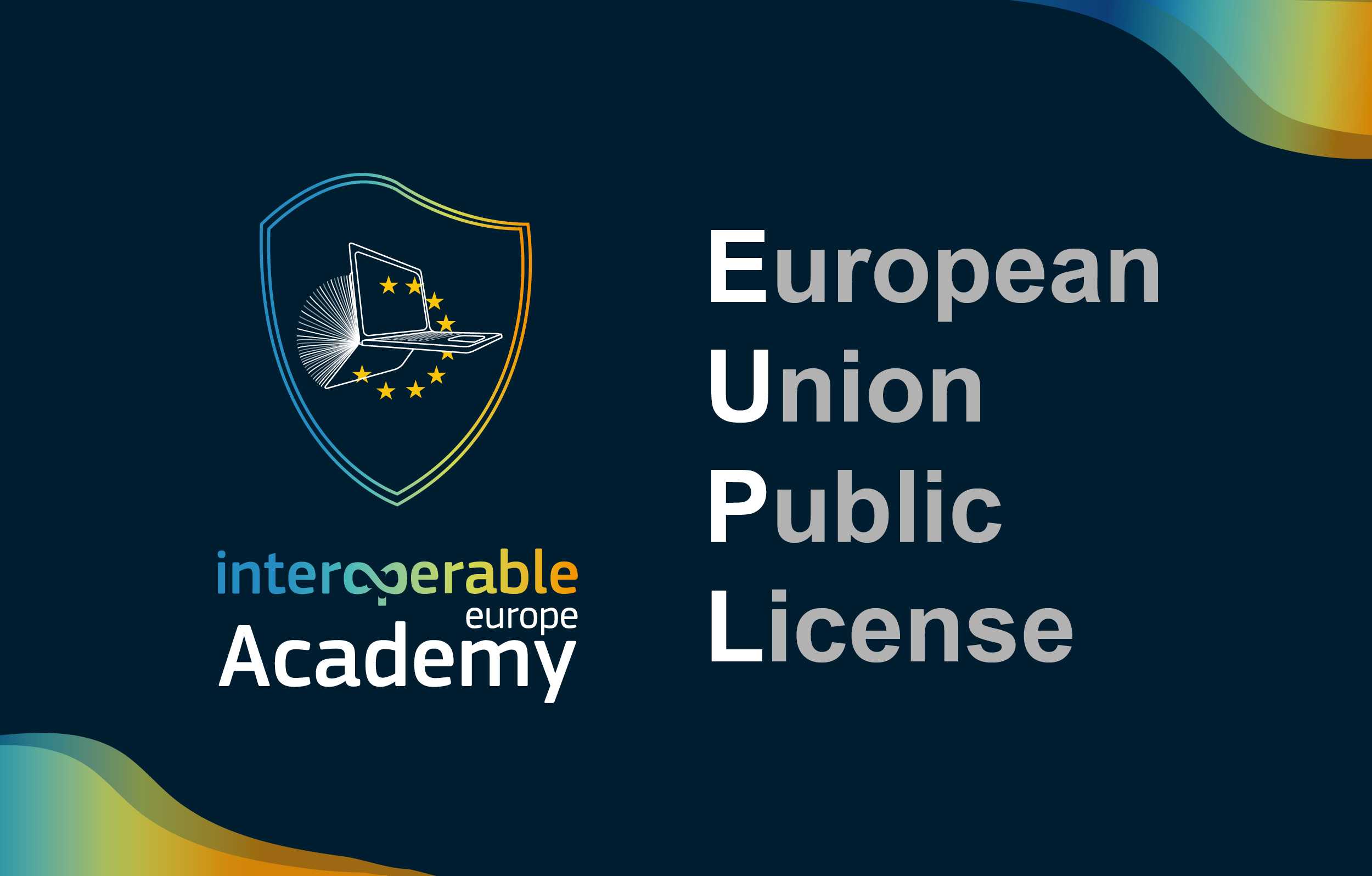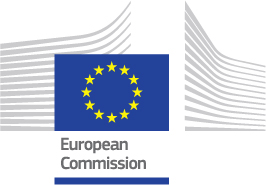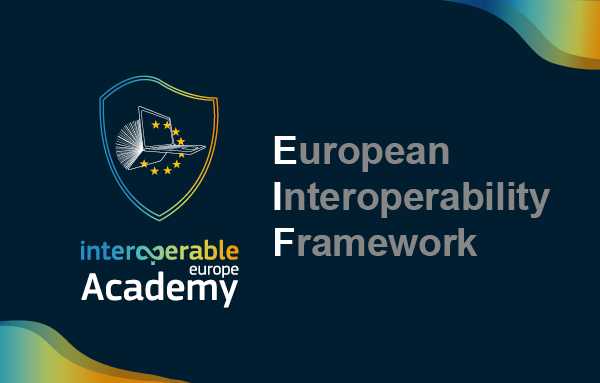The European Union Public License (EUPL)
Less than an hour
Intermediate
Course details
This course will provide a background to the European Union Public Licence (EUPL) and the value it can add to interoperable public services. It will provide a recap on the nature and history of the European Union Public Licence: why the EUPL was created, the additional provisions and features that make the EUPL specific and the EUPL scope in relation to how software can be distributed. It will also examine how some of the key concepts of open licensing, such as Reciprocity, Interoperability and Compatibility relate to the framework of the EUPL. The course will end with a quiz to assess your knowledge, followed by a certificate of completion.
Target audience
The course is targeting primarily those with decision-making responsibilities in relation to open software licensing and in particular the EUPL, and those with responsibility for implementing those licenses, as well as professionals involved in the development of public services and/or contributing to/leveraging open-source projects.
Learning objectives
- Understand why the EUPL has been created
- Describe the additional provisions and features that make the EUPL specific
- Understand the EUPL scope in relation to software distribution
- Apply the notions of Reciprocity, Interoperability and Compatibility within the framework of the EUPL
- Situate the EUPL in the wider context of available open-source licences
- Understand the role of the licensor
- Assess EUPL licensing when your project includes multiple components
- Identify cases where a different licence may be preferable
- Identify supporting resources
- Know which acknowledgements in the source code are most appropriate
This content is offered by the European Commission. The European Commission is the European Union's politically independent executive arm. It is alone responsible for drawing up proposals for new European legislation, and it implements the decisions of the European Parliament and the Council of the European Union.

Schedule
- Introduction
- EUPL
- Quiz
- Feedback
- Certificate of completion
- !! Report any Technical Issue Here !!



